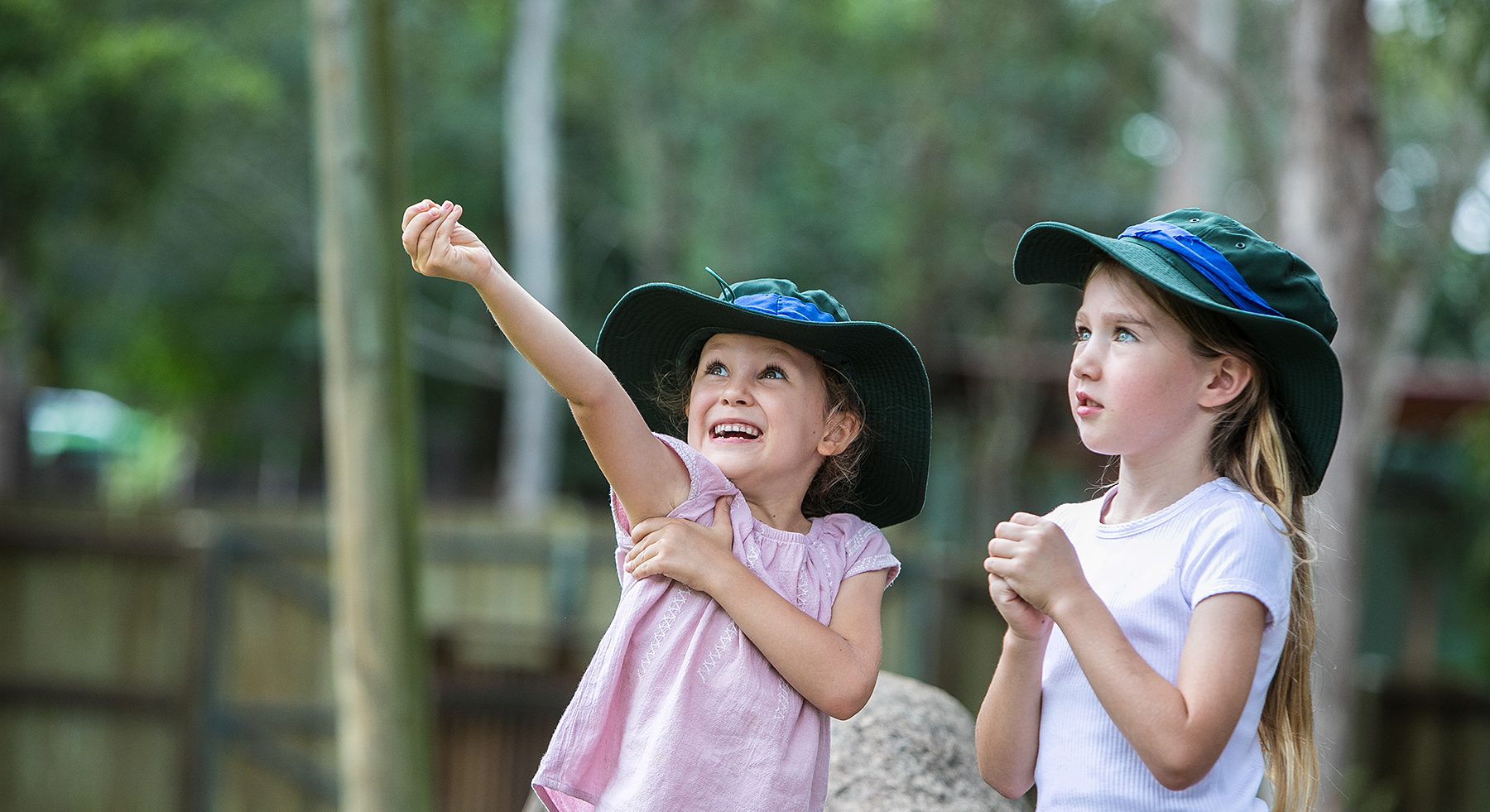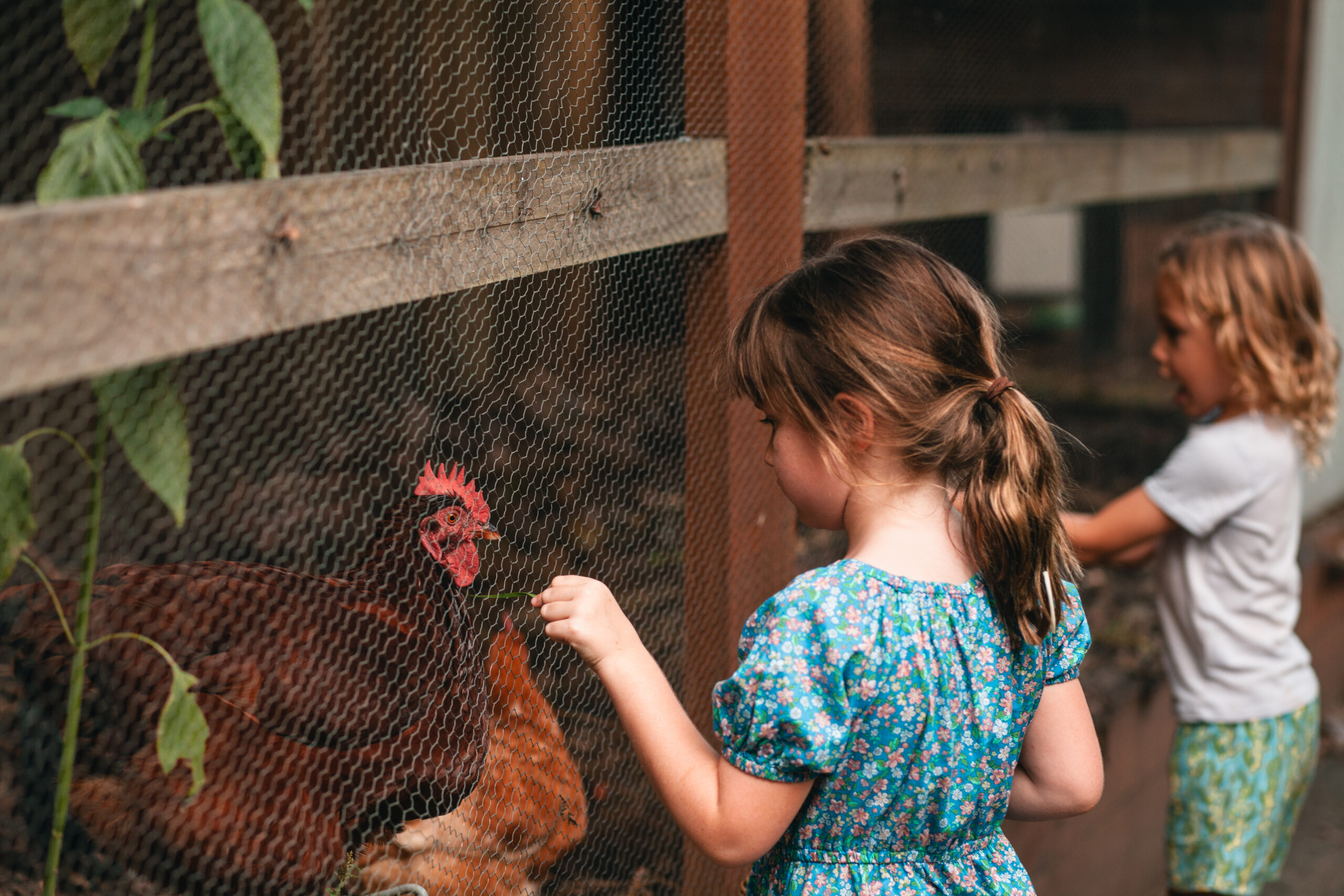Outdoor Education at Samford Steiner: Learning Beyond the Classroom
At Samford Valley Steiner School, the outdoors is not just a backdrop—it’s an integral part of every child’s education. Our Outdoor Education program blends nature and learning, offering 100 days of immersive experiences from Class 3 to Class 12. Each expedition brings classroom lessons to life, helping students form a deep connection with the natural world. Whether studying coastal ecosystems on K’gari (Fraser Island), unearthing geological wonders on Mulgumpin (Moreton Island), hiking the Border Trail in Lamington National Park, or mastering traditional boatbuilding, these experiences ignite curiosity, resilience, and personal growth.
WHY OUTDOOR EDUCATION MATTERS
At Samford Valley Steiner School, the outdoors is not just a backdrop—it’s an integral part of every child’s education. Our Outdoor Education program blends nature and learning, offering 100 days of immersive experiences from Class 3 to Class 12. Each expedition brings classroom lessons to life, helping students form a deep connection with the natural world.
Whether studying coastal ecosystems on K’gari (Fraser Island), unearthing geological wonders on Mulgumpin (Moreton Island), hiking the Border Trail in Lamington National Park, or mastering traditional boatbuilding, these experiences ignite curiosity, resilience, and personal growth.
Our Outdoor Education program is designed to nurture the whole child, encouraging personal growth and community engagement. From early adventures to senior leadership challenges, students gain practical skills and insights that shape their future. By integrating academic learning with real-world experiences, we empower students to become thoughtful, capable individuals who contribute positively to society.

CORE PRINCIPLES OF OUR OUTDOOR EDUCATION PROGRAM
At the heart of our Outdoor Education program is a commitment to nurturing both the individual and the community. Through carefully selected adventures, students develop vital skills for life’s challenges, helping them grow, connect, and create lifelong memories that shape how they engage with the world and discover who they are and who they want to become.
Environmental Stewardship
Through hands-on experiences, students develop a profound respect for nature and learn sustainable practices that promote ecological balance.
PRACTICAL LIFE SKILLS
From navigation to first aid, students gain essential tools for thriving in the world.
Leadership and Teamwork
Our program emphasizes collaboration and trust, helping students build confidence in their ability to lead and work effectively with others.
Connection and Insight
Reflecting on experiences nurtures self-awareness and a sense of purpose.
Resilience and Independence
Challenging outdoor activities encourage students to discover their inner strength and adaptability, fostering independence and self-reliance.

OUR OUTDOOR EDUCATION PROGRESSION
Laying the Foundation: Confidence and Community (Class 3–6)
The first stages of Outdoor Education lay the foundation for confidence, independence, and teamwork.
- First Adventures (Class 3): Students begin their journey with their first overnight camp, learning basic campcraft, navigating independence, and building resilience.
- Coastal Discovery (Class 4): At Yuran (Bribie Island), students explore coastal ecosystems and learn from First Nations perspectives, deepening their appreciation for the interconnectedness of land, culture, and history.
- Mountain Experience (Class 5): In the Bunya Mountains, students strengthen social skills, connect with nature, and learn outdoor living basics.
- Granite Country (Class 6): At Girraween National Park, students challenge themselves physically and emotionally while gaining advanced camping skills.
Strengthening Resilience and Teamwork (Class 7–9)
In middle school, outdoor experiences deepen students’ connection to nature and help develop their independence and teamwork.
- Class 7: Canoeing at Cooloola and exploring beaches enhances water safety skills while fostering teamwork and personal growth.
- Class 8: Through rainforest hikes, sailing challenges, and cycling, students develop leadership, endurance, and cooperative problem-solving skills.
Class 9: Mountaineering at Mount Barney, river studies, and agricultural learning encourage responsibility and self-awareness in preparation for senior years.
Mastering Leadership and Lifelong Skills (Class 10–12)
In the senior years of Outdoor Education, students integrate the lessons and experiences they’ve gained throughout their journey. With increased leadership opportunities, they apply their knowledge in ways that have real-world significance, preparing them for the challenges ahead.
- Class 10: Mastery begins here. Students participate in extended wilderness hikes and environmental surveys, building and sailing their own boats, mastering practical skills, and discovering inner resilience.
- Class 11: This stage focuses on leadership and ecological understanding, with botanical research and group facilitation exercises fostering qualities of leadership.
Class 12: The culmination of Outdoor Education, Class 12 students face complex group expeditions that consolidate years of learning, emphasising leadership and collaboration, and preparing them for purposeful lives.
JOIN OUR COMMUNITY
Take the next step in your child’s educational journey. Book a tour or enquire to learn more.
